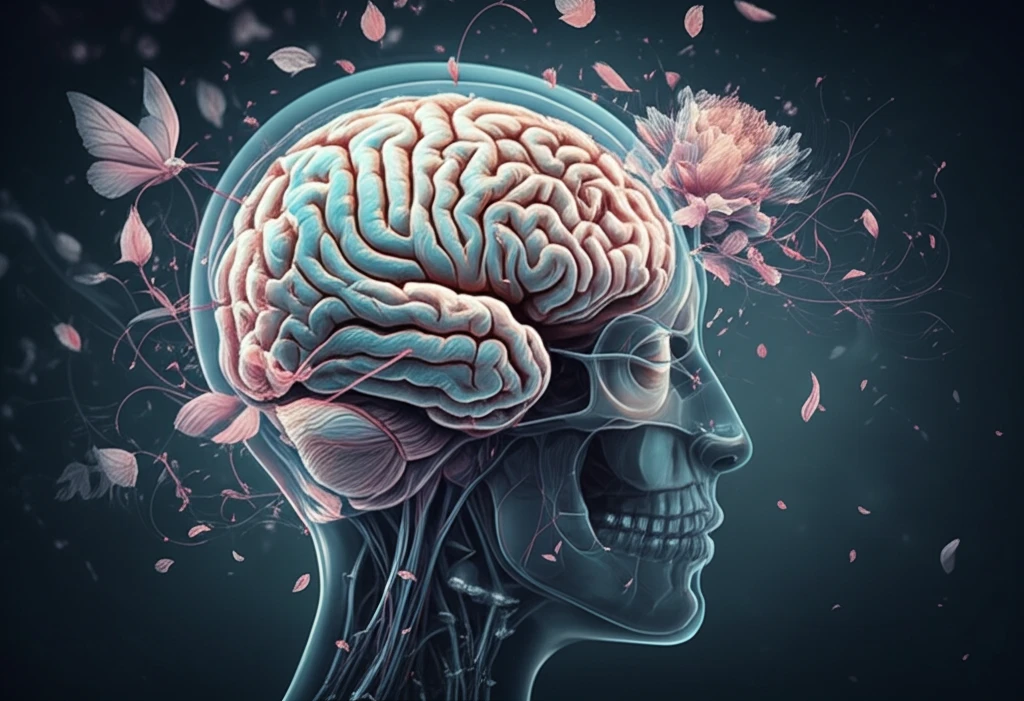
Unlocking Your Potential: How Cognitive Skills and Motivation Drive Success
"Discover the hidden link between your brainpower, intrinsic drive, and ability to achieve your goals. Learn how to boost both for a more fulfilling life."
We all want to make smart choices about how we spend our time, and it turns out that personal preferences play a big role. While most of us would rather have a dollar today than wait for one tomorrow, everyone has a different idea of how much more that future dollar needs to be to make it worth the wait. What’s really interesting is that studies show how well we do on brain-training tests is connected to how patient we are—smarter people are often more patient.
The connection between being patient and doing well on tests has led researchers to wonder what exactly is being measured through these tests. Tests that aren't incentivized by money may tap not only into someone's cognitive skills but also their internal drive and personality traits. So, is it really about how smart you are, or how motivated you are to complete a task?
To understand this better, researchers conducted an experiment where some participants were paid for doing well on cognitive tests, while others were not. The findings revealed that while there was a link between being patient and scoring high when tests were incentivized, the link disappeared when tests were not tied to any financial reward. This suggests that being smart (cognitive ability) rather than just being driven (intrinsic motivation) is what connects patience with test performance.
Decoding the Relationship: Cognitive Ability vs. Intrinsic Motivation

The existing research on time preferences and cognitive abilities often uses various types of cognitive tasks performed in different settings. Some studies present participants with tasks like the Cognitive Reflection Test (CRT), which gauges the ability to solve problems that have an intuitive, but incorrect, answer. Other studies gather data from versions of national exams or use tests that measure skills such as symbol-digit correspondence or word fluency.
- What is Cognitive Ability (CA)? Cognitive ability refers to your brain's capacity to perform various mental tasks. It encompasses reasoning, memory, problem-solving, and decision-making. These skills are essential for learning, adapting to new situations, and achieving goals.
- How Does CA Impact Decision-Making? Studies show that individuals with higher cognitive abilities tend to make more informed and rational decisions. They can better analyze information, weigh potential outcomes, and avoid common biases.
- Intrinsic Motivation Defined: Intrinsic motivation is the internal drive that compels you to engage in activities for the sheer enjoyment and satisfaction they provide. It stems from a genuine interest in the task itself, rather than external rewards or pressures.
- The Power of "Flow": When your cognitive skills align with the challenges of a task and your intrinsic motivation is high, you enter a state of "flow." This is where you become fully immersed and energized, leading to peak performance and a sense of fulfillment.
The Takeaway: Nurturing Your Mind and Motivation
The study offers compelling evidence that the previously observed correlation between time preferences and performance in cognitive tasks is more closely tied to the test-takers' cognitive abilities than to their intrinsic motivation or personality traits. The findings also underscore the significant impact of even small monetary incentives on cognitive test performance, suggesting that researchers should consider using such incentives when measuring cognitive abilities, particularly in controlled laboratory settings.
